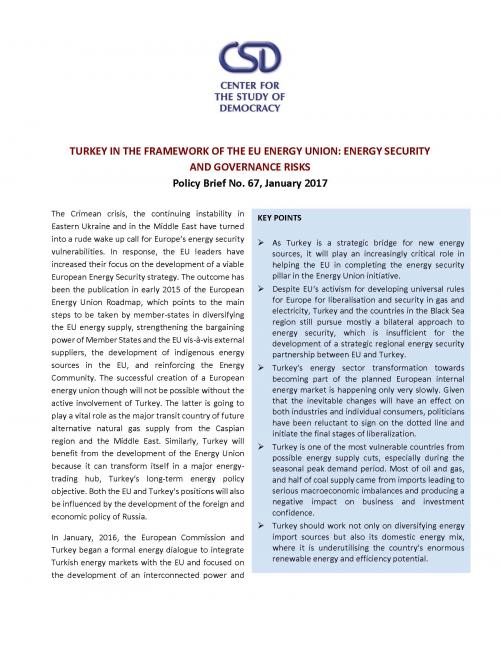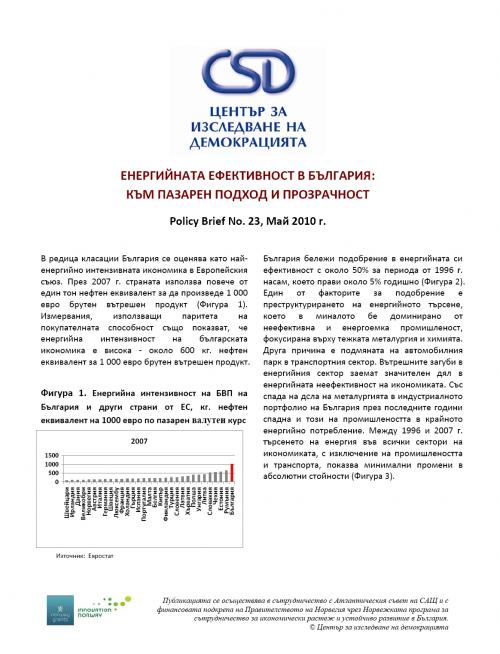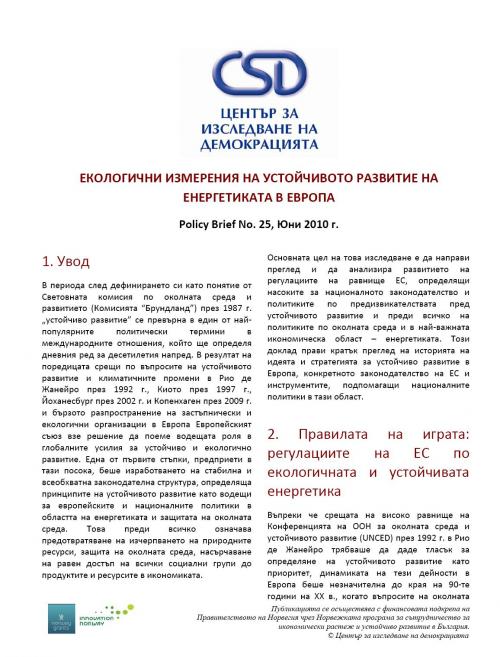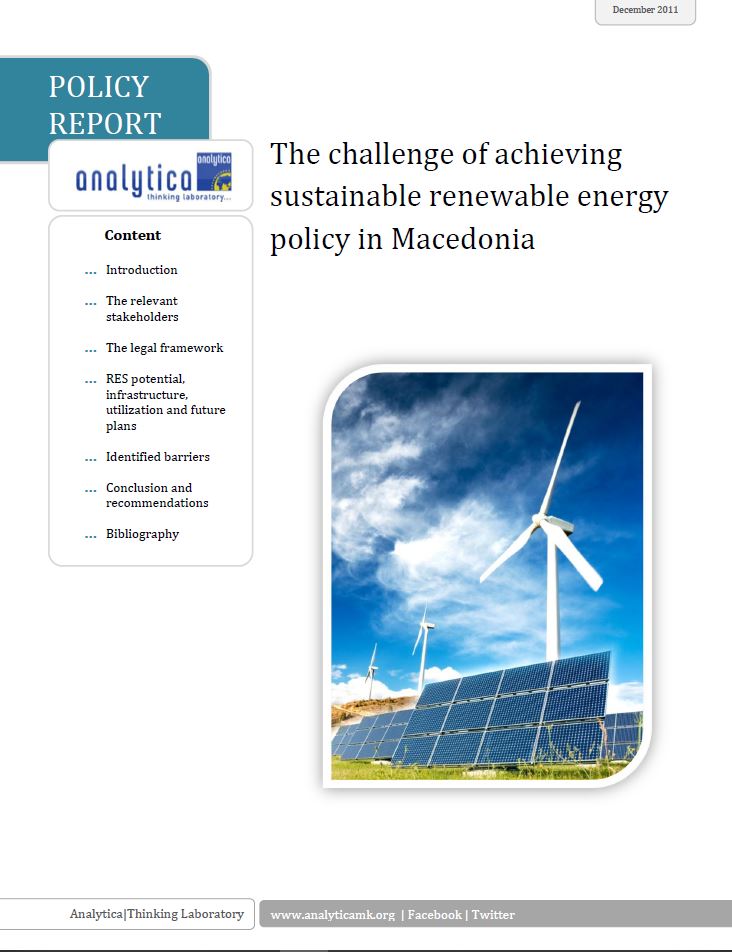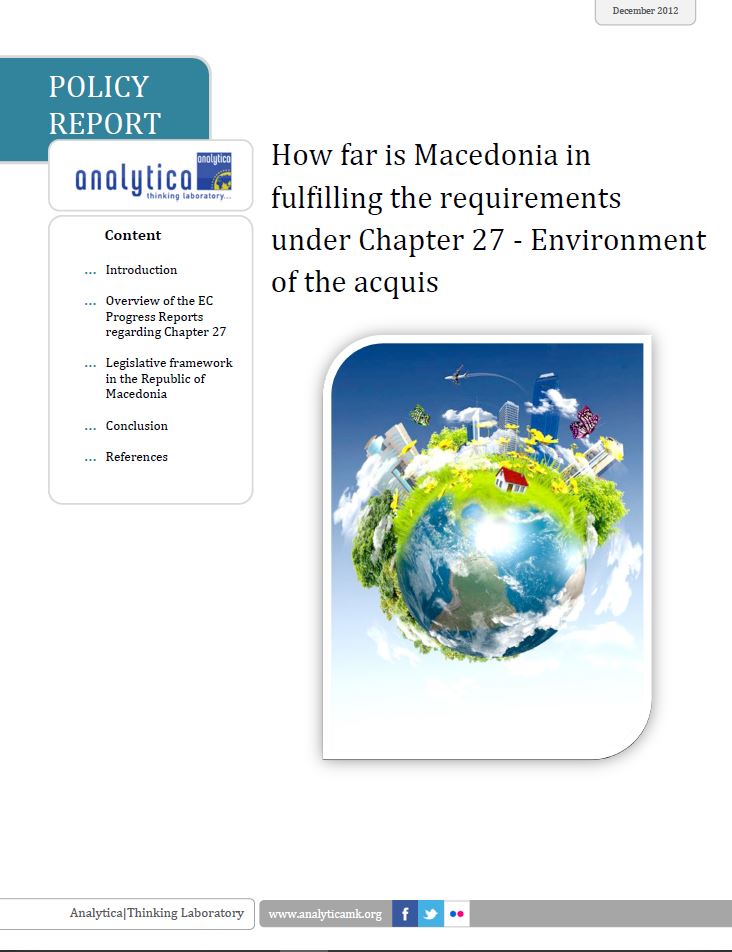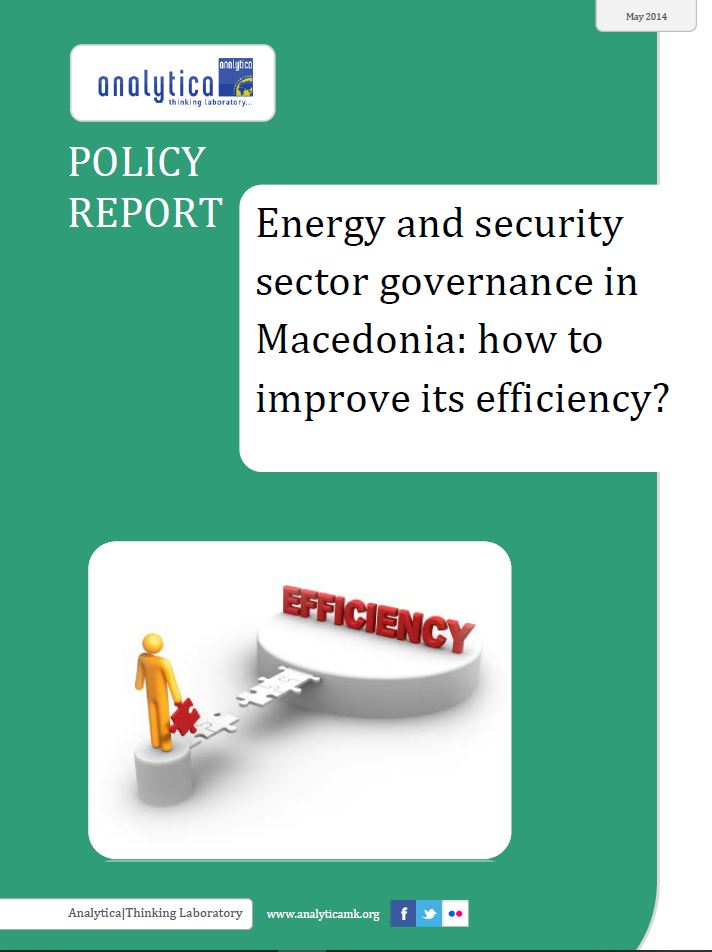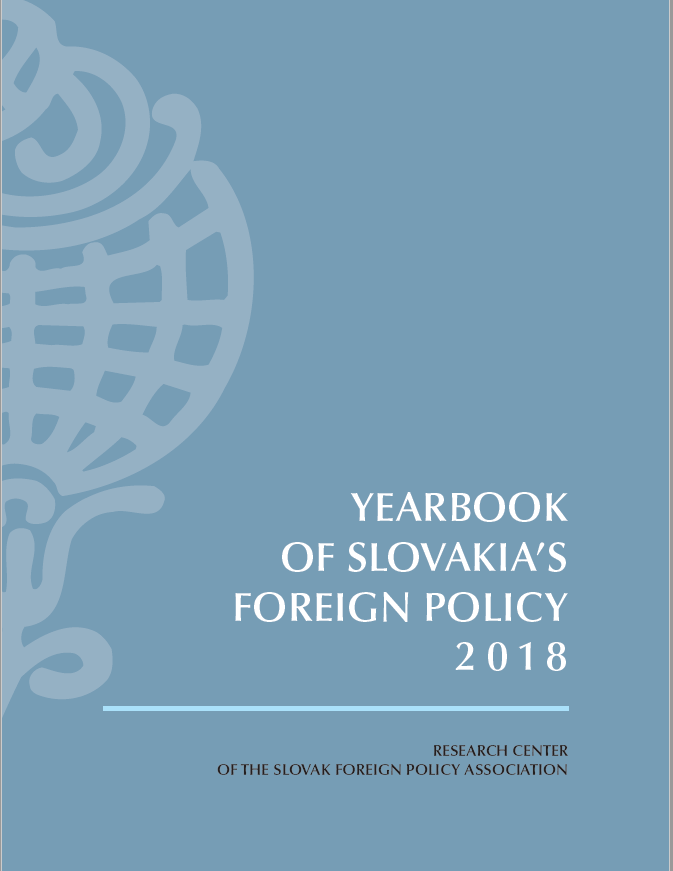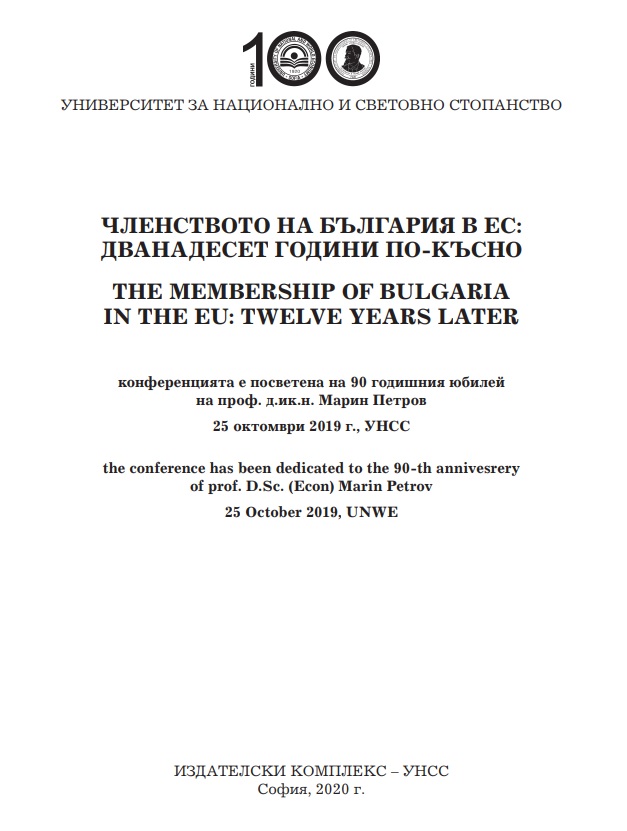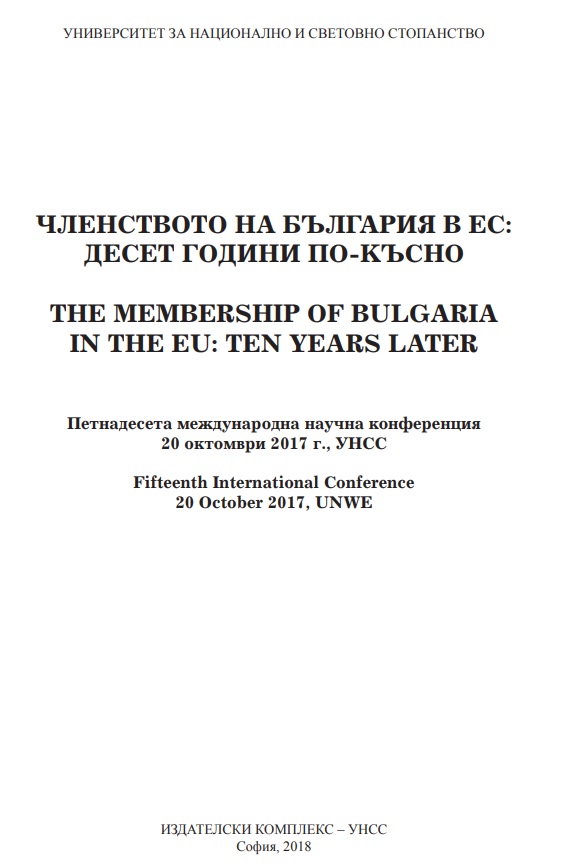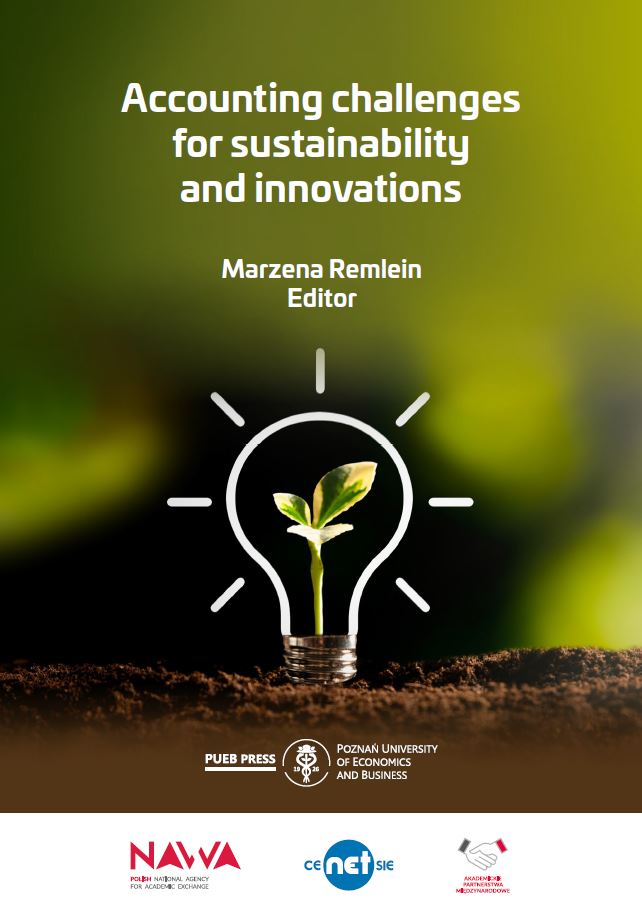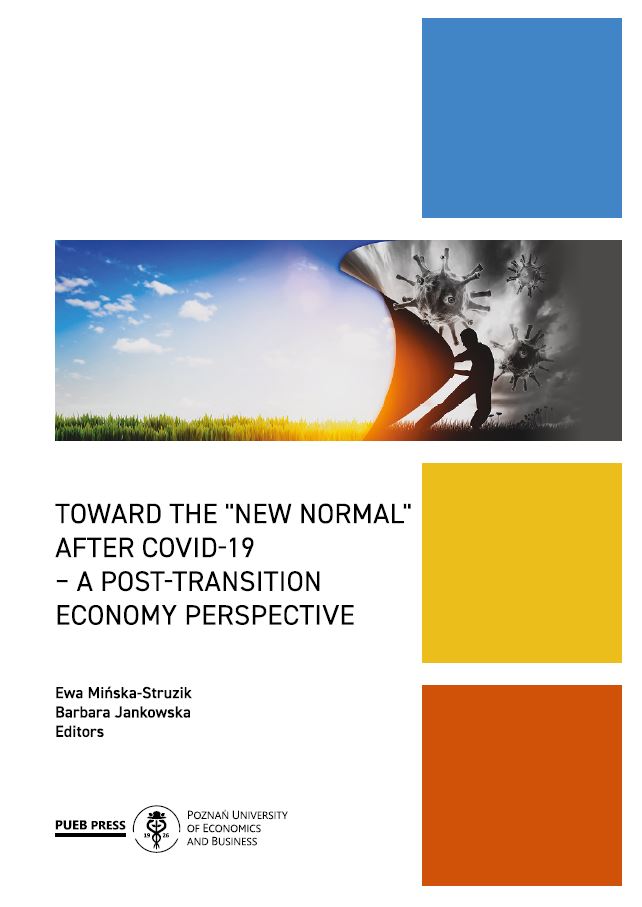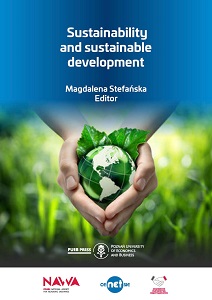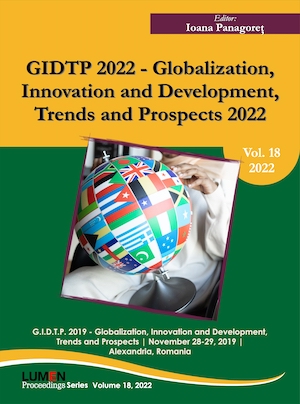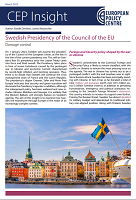Author(s): Andreea Panagoret,Dragoş-Mihai Panagoreț,Tomislav Kandyija / Language(s): English
Publication Year: 0
Sustainable development approaches the concept of quality of life in all its complexity, from an economic, social and environmental point of view, promoting the idea of the balance between economic development, social equity, efficient use and conservation of the environment.By its very nature, sustainable development represents the need for responsibility and education for environmental protection, and this aspect is reflected in the evolution of community policy in recent years, a policy marked by the transition from an approach based on constraint and sanction, to a more flexible, based one on incentives. Thus, it is acting in the direction of a voluntary approach, in order to promote this environmental responsibility and to encourage the use of environmental management systems.The environmental policy does not act independently, but reflects the interest of civil society in this direction, manifested by the creation of numerous environmental movements and organizations. Moreover, in some countries the creation and development of "green" political parties has been achieved, with real success in the political arena. However, resistance - or, more properly, the restraint and inertia that manifests itself, should not be forgotten, when environmental objectives seem to limit industrial competitiveness and economic growth; but this aspect only emphasizes once again the need for a concerted approach at European level and the need for an active and integrated environmental policy, capable of responding to the challenges that appear economically.The European environmental policy is based on the principles of precaution, prevention, correction of pollution at source and "polluter pays". The precautionary principle is a risk management tool that can be invoked if there is scientific uncertainty about a possible risk to human health or the environment, arising from a particular action or policy.
More...
